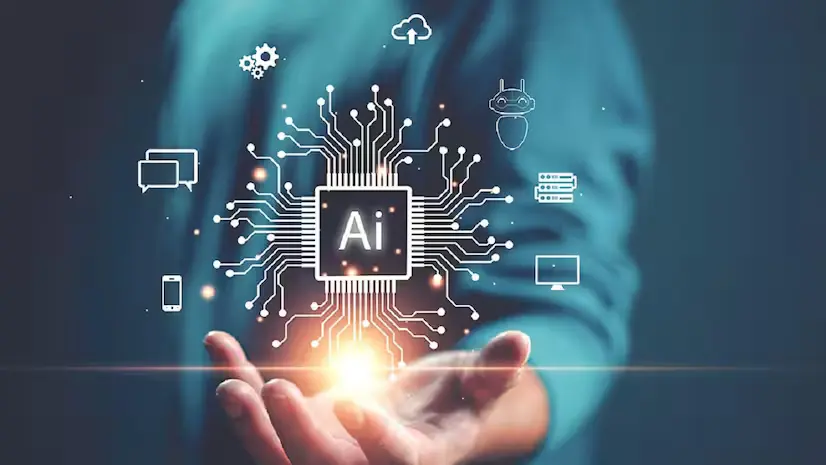The Dark Side of AI: How Automation Threatens Jobs and Privacy in India
India stands at a crossroads, where the adoption of AI could either widen socioeconomic divides or pave the way for inclusive growth

Artificial intelligence worldwide.
Artificial intelligence (AI) is transforming industries worldwide, and India is no exception.
From chatbots revolutionizing customer service to automated systems streamlining manufacturing, AI is reshaping the economic landscape. However, alongside its benefits, the rise of AI poses significant challenges, particularly in terms of job displacement and privacy concerns.
India, with its vast workforce, is uniquely vulnerable to the disruptive effects of AI-driven automation. Sectors like IT, manufacturing, and even customer service, which have long been pillars of the Indian economy, are increasingly adopting AI to cut costs and improve efficiency.
While this transition boosts productivity, it threatens millions of jobs, especially those requiring repetitive or routine tasks. For instance, automated software testing and chatbots could replace a significant portion of entry-level IT jobs—a critical employment avenue for India’s youth.
The risks extend beyond job loss. As AI-powered surveillance and data analytics become widespread, concerns about privacy violations have grown.
India’s burgeoning digital economy relies heavily on collecting and analyzing user data, but the absence of robust data protection laws leaves citizens exposed. The use of AI in public surveillance, such as facial recognition systems in law enforcement, raises ethical questions about misuse and the potential erosion of civil liberties.
Addressing these challenges requires a multi-pronged approach. For one, reskilling programs are essential to prepare India’s workforce for jobs that AI cannot easily replace, such as roles requiring creativity, critical thinking, and emotional intelligence. Policymakers must also implement comprehensive data protection laws to safeguard citizens’ privacy and regulate the ethical use of AI.
India stands at a crossroads, where the adoption of AI could either widen socioeconomic divides or pave the way for inclusive growth. By proactively addressing the challenges, India has the opportunity to harness AI as a tool for empowerment rather than disruption.
